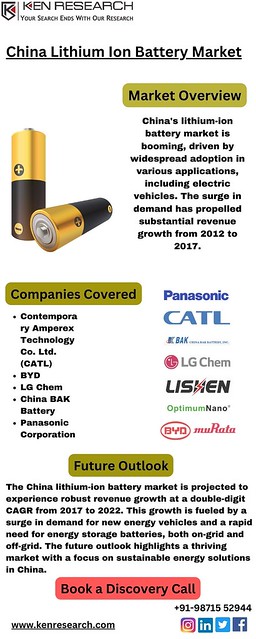Lithium Battery: Powering the Future
Introduction:
In today’s fast-paced world, technology has become an integral part of our lives. From smartphones to electric vehicles, we heavily rely on portable and re lithium battery chargeable power sources. Among these, lithium batteries have emerged as a leading contender due to their efficiency and versatility. In this article, we will explore the manufacturing process, characteristics, advantages, usage methods, tips for choosing the right lithium battery product, and provide a conclusive outlook.
Manufacturing Process:
The produc lithium battery tion of lithium batteries involves several intricate steps. It starts with mining lithium-rich ores or extracting it from brine reservoirs. Once obtained in its raw form, the lithium undergoes purification processes to remove impurities before being converted into various compounds such as lithium carbonate or lithium hydroxide.
These compounds are then further processed to obtain active materials like lithium iron phosphate (LiFePO4) or lithium cobalt oxide (LiCoO2). These materials serve as electrodes within the battery structure alongside conducting agents and separators that facilitate ion movement.
Characteristics:
Lithium accumulators exhibit unique

characteristics that make them ideal for numerous applications. One key feature is their high energy density which allows them to store large amounts of electrical energy Rechargeable lithium battery efficiently. Additionally, they have low self-discharge rates meaning they can retain charge when not in use for extended periods.
Another important trait is their lightweight nature compared to traditional lead-acid batteries or nickel-cadmium alternatives. This characteristic makes them highly desirable for portable electronics where weight reduction Lithium-ion battery is crucial.
Advantages:
The advantages offered by rechargeable lithium-ion batteries are manifold. Firstly, unlike disposable alkaline cells commonly found in remote controls or toys that end up in landfills after use; these batteries can be recharged hundreds of times without losing significant capacity.
Furthermore,
lithium-ion batteries do not suffer from memory effect issues f lithium battery aced by older technologies like nickel-metal hydride (NiMH) batteries. Memory effect refers to the reduction in battery capacity due to incomplete discharge and can be detrimental for devices that require constant top-ups.
Usage Methods:
The usage of lithium batteries spans across various industries and applications. From powering electric vehicles, laptops, smartphones, and medical devices to being an essential component in renewable energy storage systems. Lithium batteries have the ability to deliver high currents consistently making them suitable for power-hungry devices.
Prolonged lifespan is achieved by following a few simpl lithium battery e steps such as maintaining optimal temperature conditions during charging and discharging cycles. It is advisable not to overcharge or fully deplete the battery as it can negatively impact long-term performance.
How to Choose the Right Product:
Selecting the most appropriate lithium battery product depends on several factors.
Firstly, consider the specific application requirements regarding voltage and current demands. Ensure compatibility with existing equipment or electrical systems.
Next,
review brand reputation and reliability alongside warranties offered by manufact lithium battery urers.
Consider safety features like built-in protection circuits that safeguard against overheating, overcharging, or short-circuits ensuri Lithium accumulator ng device longevity.
Lastly,
scrutinize user feedback through online reviews or consult experts familiar with industry standards prior to purchasing any particular lithium battery product.
Conclusion:
In conclusion,
lithium batteries have revolutionized portable power solutions through their remarkable manufacturing process,
unique characteristics,
and numerous advantages.
To maximize their efficiency and lifespan,
it is important
to follow proper usage methods
As technology continues its rapid advancements,
lithium-ion batteries will play a pivotal role in shaping our future towards cl lithium battery eaner,
more sustainable energy sources.
By selecting the right products tailored for individual needs,
we ensure optimal performance while contributing towards a greener world
